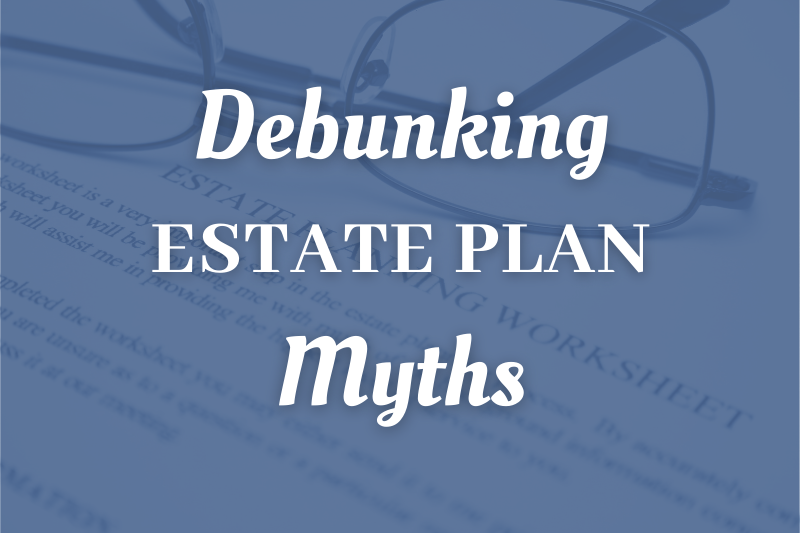On Friday, the IRS began accepting tax returns and people like me all around the country started buckling up for what is already quite a ride.

With new PPP loans for Southern California small business owners, credits aplenty in all of the variety of stimulus bills, DELAYS from the IRS, fraudulent unemployment claims (yes, this is a thing) … well, let’s just say that this is going to be an interesting year.
I still see notices going to clients from 2019. The IRS isn’t exactly covering itself with glory so far this year.
All this to say, please bear with us as we navigate these white water rapids.
The events of this past year have brought into sharp focus the need for us to be prepared for any kind of crazy eventuality.
That’s why I like to take the opportunity that tax season provides to encourage you to handle other kinds of tasks that just never. get. done. unless you artificially create within yourself the needed momentum.
Today is the day when I’m encouraging you to take care of this business.
Debunking Estate Plan Myths For Southern California Taxpayers
“Twenty years from now you will be more disappointed by the things that you didn’t do than by the ones you did do.” – H. Jackson Brown Jr
As we have seen this year, life can turn on a dime … and we can’t plan for every one of the specific ways it may do so. But we CAN plan broadly.
For me and my family, we’ve put some simple plans in place for a VARIETY of circumstances, not just financial or legal. And it truly helps us sleep better at night, just knowing we have it all covered.
And the unfortunate reality is that the most recent numbers indicate that almost 60% of Americans don’t have a basic will — and that’s a big problem.
One of the big reasons that most Southern California families don’t yet have this in place is because of some incorrect thinking about whether it’s right for them or if it’s even necessary. And sure, some just haven’t gotten around to creating a will or trust. Others think they don’t need an estate plan because they’re not “rich”.
I’ve even heard from people that they don’t want to put it in place because when they do, it’s sending some sort of death wish into the universe (or some such).
But here’s the big problem — if you continue without an estate plan, you could (instead) leave a legacy of bad feelings and attorneys’ fees.
Because it is currently “tax season”, this is something that might make sense to have done once your return is filed — simply because you would have already compiled your financial documents in such a way that creating an effective plan is a bit easier.
Or maybe you are still tripping up on these myths?
Myth 1. “Only rich people prepare estate plans.”
Do you own ANYTHING? Because if so, you need a will. You see, a will allows you to designate who will receive your property should anything happen. Continuing without one ensures that your assets will be distributed under the terms of your state’s “intestate succession” laws. That means your money and property could end up with family members you haven’t spoken to in years instead of who you’d really like to see control your assets.
I won’t go into all of the different components of a will, trust, health care directive, etc., as my purpose here is to emphasize that failing to plan is simply a decision to trust your assets to government bureaucrats.
Even if you think your situation is pretty straightforward, you may feel more comfortable hiring a lawyer to guide you through the process.
Myth 2. Everything goes to your spouse if something happens.
Unfortunately, that’s not always the case. We take care of clients from different states around the country, and I can tell you that state laws vary, whether for taxes, estates, or anything else. And in most states, if you continue without a will (intestate), your inheritance will be divided among your spouse and your children. In New York, for example, when someone dies intestate, the spouse gets the first $50k of the estate, and what’s left is divided 50-50 among the spouse and the children.
You can imagine how this could create all kinds of problems, particularly if your spouse was financially dependent on you, or you have children from a previous marriage.
I’ll send a few more in the weeks ahead, but I hope you can already see that things are not always as we “think”.
We’re here to help. Let me know if you have any questions:
Warmly,
David Barnes
(714) 541-4338

